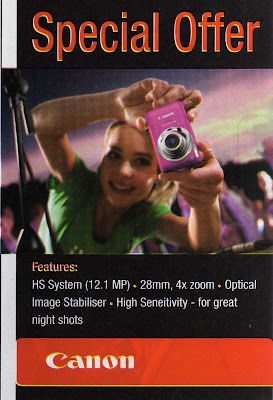1)
Google as much as possible: don’t focus merely
on the linguistic aspect, but also verify the content of the text. The client
will be delighted to know you’ve actually done your research. Don’t hesitate to
point out errors or question the information provided. A good translator takes
his time to immerse himself in the subject. Needless to say you should always
be subtle when informing the client of inconsistencies. After all, no one likes
to be corrected and criticised.
2)
Ask a second translator to proofread your text.
I know it may sound time-consuming and it may require additional (financial)
resources, but in the long run it pays to have someone – preferably a
translator – proofread your texts, at least when you’re dealing with large
volumes. Remember that unfortunately very few translation agencies actually
proofread all translations, so errors can end up costing you dearly.
3)
Take your time. Sure, the more translations you
accept, the more money you make, but don’t overdo it. Ideally, you should
finish a translation, close the document and re-read it after half an hour or
so (or better even, the following morning). I guarantee you'll find typos
and discrepancies you missed the first time around.
4)
Build up a network of translator friends and
enlist their help whenever you need it. The world of translation is a tough
sector where everyone wants a slice of the cake, but translators do realise
they sometimes need each other’s help. Set your pride aside and just ask.
Social media – Twitter in particular – has opened up so many possibilities, all
just a click away!
5)
Your job is done once you’ve sent your work to
the client, unless there are complaints and/or queries on his part. Don’t forget that your way of communicating with the client is
just as important as the translation itself. Don’t just write “Here you go”.
Show that you’ve put some effort into writing your e-mail. A brief, sloppy message doesn’t leave a good impression.
And of course, be passionate
about what you do. I can’t stress this enough. If your heart is not in it, the
quality of your work will be affected, so don't accept any assignments just for the sake of it. If you're not good at translating contracts, don't even bother. Focus on your field of expertise.
Au boulot!
Au boulot!






















